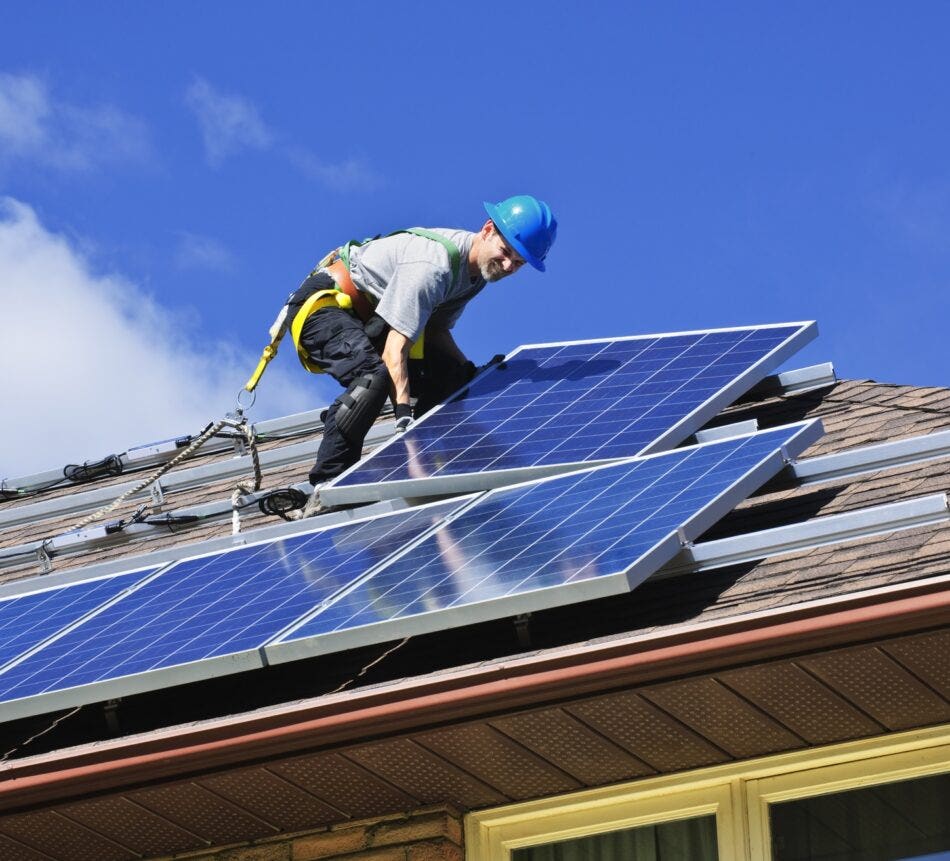To encourage the adoption of solar panels the Alberta government recently pledged a $36 million rebate to get an additional 10,000 roofs covered with solar panels over the next three years. This is also expected to create jobs and reduce solar installation costs for both homes and businesses. It will also help reduce Alberta’s greenhouse gas emissions and hopefully be a tipping point for homeowners and businesses to adopt solar panels.
Solar panels installed on home and small businesses are considered to be micro-generation sites. They receive credits for the energy they provide to the grid with facilities generating under 150 kilowatts credited at retail rates on a monthly basis while systems producing over 150 kilowatts are credited on an hourly basis at a wholesale market price. Smaller micro-generators can also opt to install a meter and be credited at the hourly wholesale market price.
Why do you need insurance for solar panels?
The Insurance Bureau of Canada released a brochure in response to Ontario’s microFIT solar energy program. They point out that insurance coverage is needed to protect your investment from loss or damage from theft fire wind and other causes loss of income if power generation is stopped and liability for any damage or loss to a third party. Their advice is to talk to your broker– and that is an excellent idea if you’re considering installing solar panels.
Solar Panel Insurance
In addition to the warranties that many companies selling solar panels offer your investment can be protected by insurance. Most insurers count solar panels as part of the value of the home or business though some companies also offer separate endorsements to better cover this addition. For example Aviva offers the Green Home Power endorsement. This covers damage and breakdown of your solar panels as well as business interruption if you supply power to the local grid for a low cost.
Contact your insurance broker for more information about how solar panels can affect your insurance.

